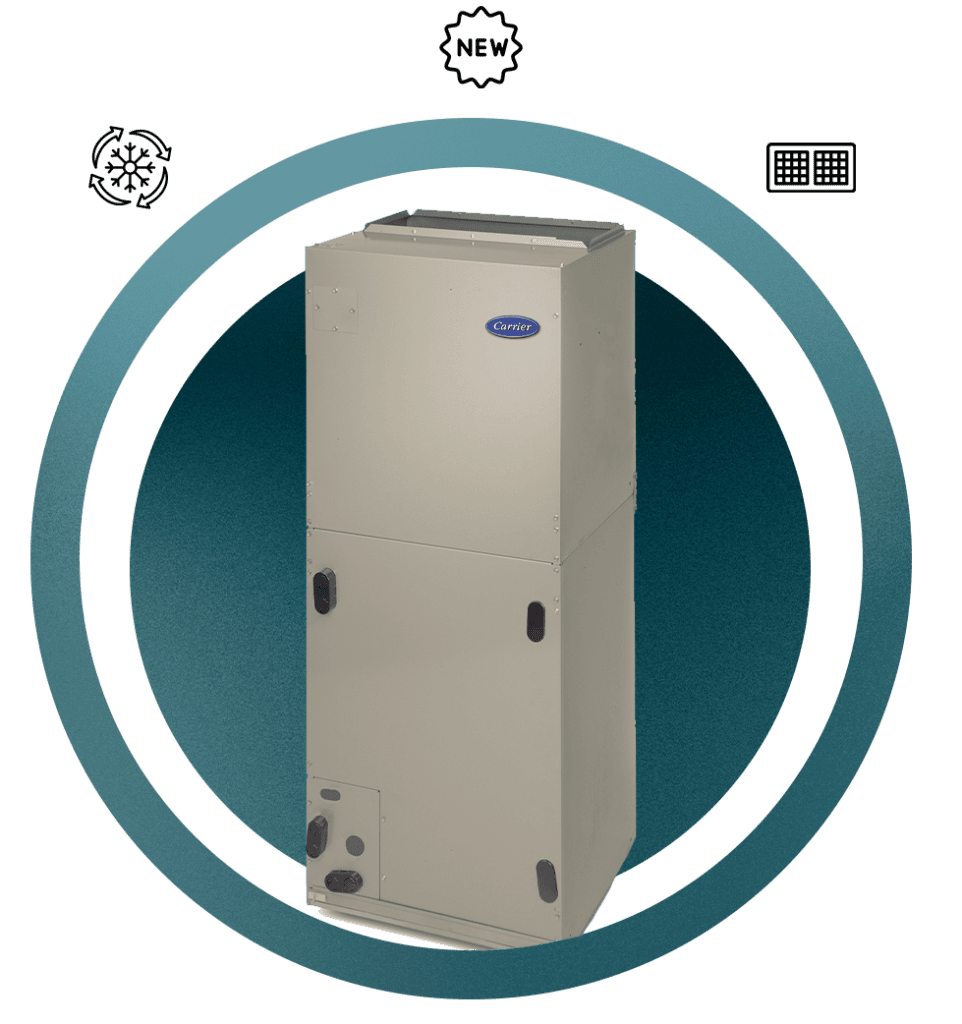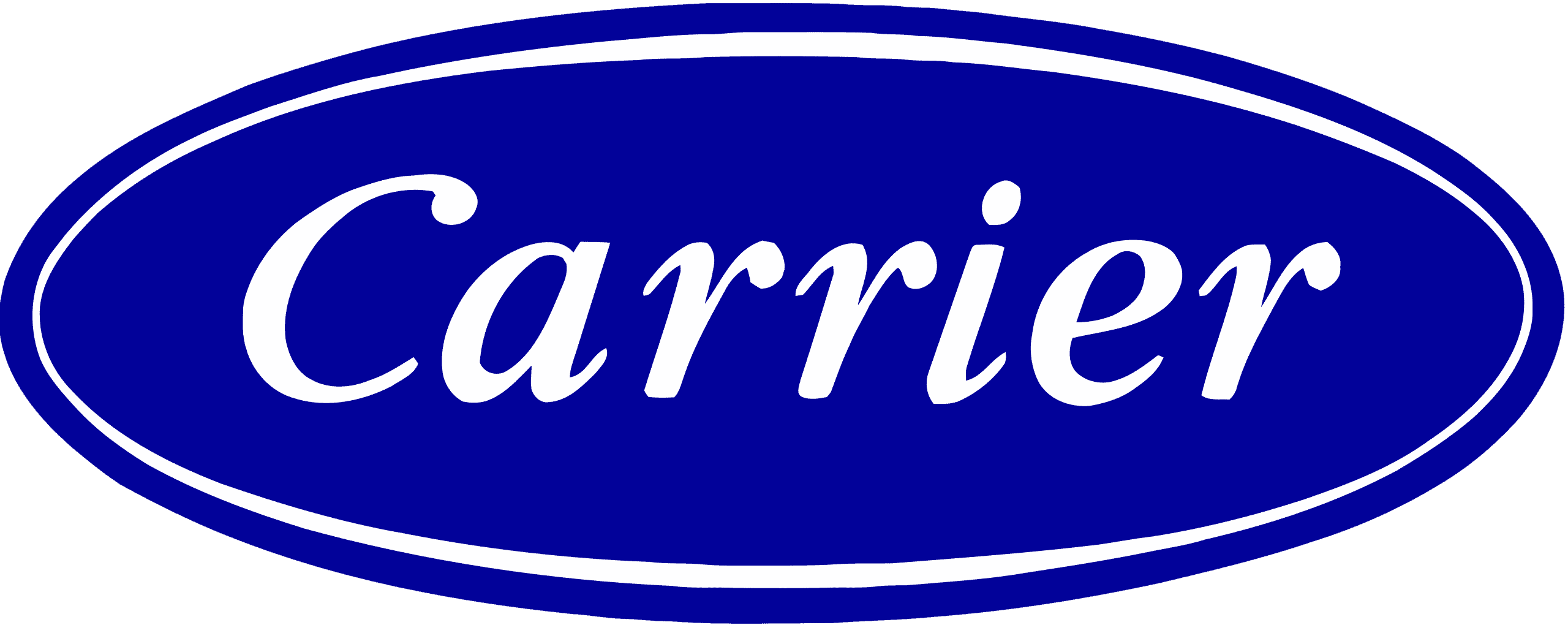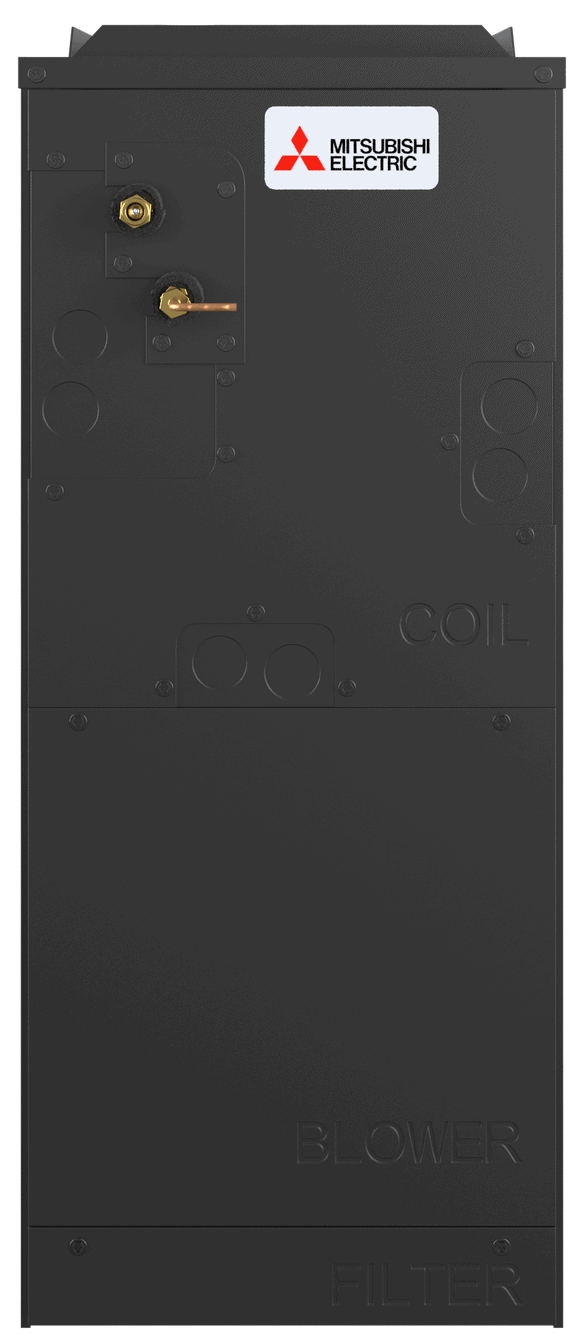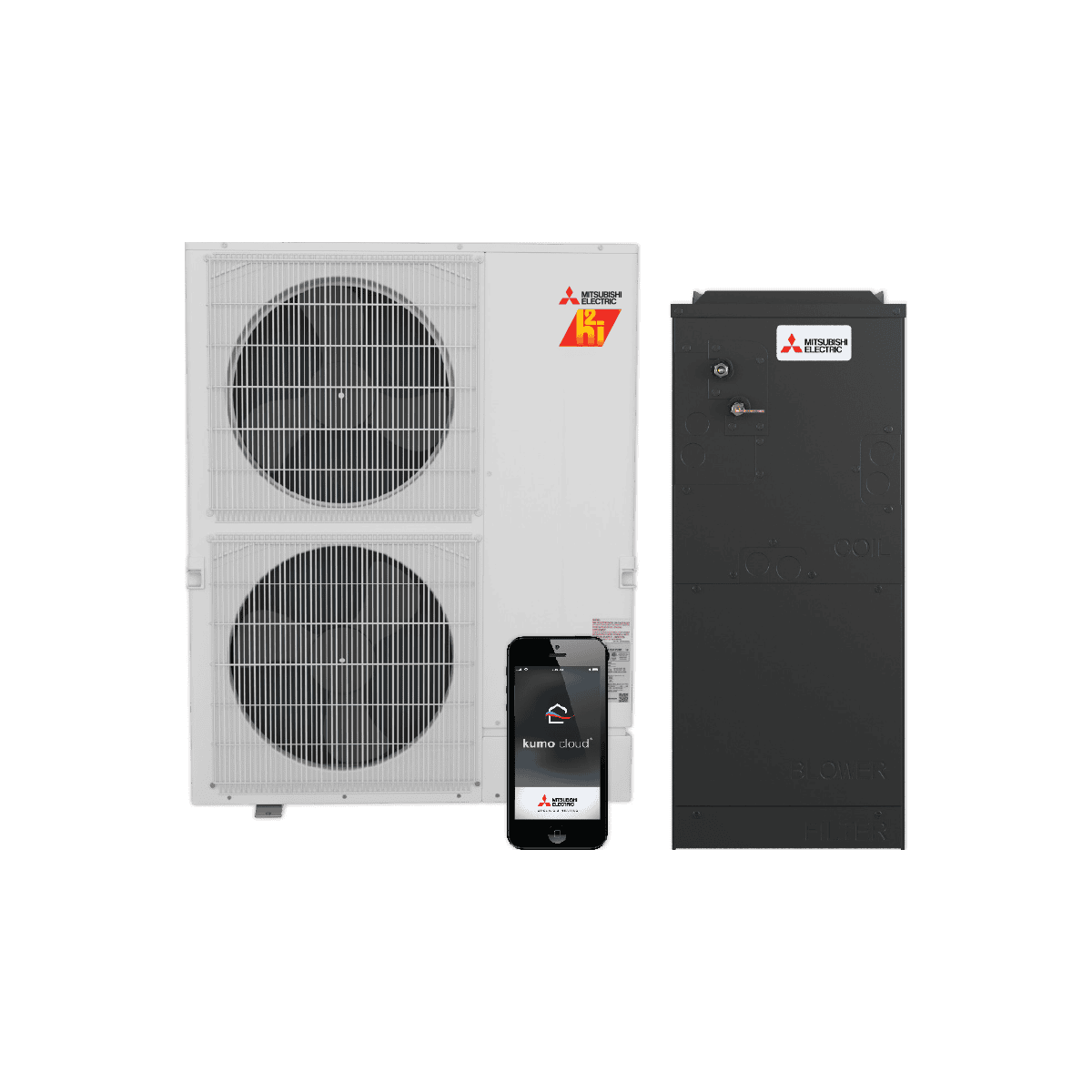When it comes to air handler installation, including electric air handlers and electric furnaces, UniColorado is your trusted partner in Denver, Centennial, and the surrounding areas. Our skilled technicians are experts in preparing your home’s electrical system to accommodate the power demands of these efficient heating solutions. We offer comprehensive electrical panel upgrade services, ensuring your home is ready for the installation of electric air handlers and furnaces. With UniColorado, you can confidently transition to an energy-efficient, all-electric heating system, making your home more comfortable and environmentally friendly. Trust our team to simplify the process and provide a seamless installation experience. Choose UniColorado for your electric air handler and furnace needs and take a step towards a greener, more comfortable home.





Call us at (303) 250-1000 or schedule online. We’ll be in touch via your preferred contact method to find a convenient time that works for you.
We’ll text you when we head your way in the 2-hour appointment window.
We’ll provide pricing & options on an air handler that fits your needs, budget and home.
We’ll upgrade the air handler and circuits end to end and take care of all details. You’re in good hands.

Electric furnaces/airhandlers require a 220v circuit that’ll be included in our estimate.
If you need a full electrical panel upgrade or a subpanel to fit your new electric airhandler, we’ll price that portion out too.
Are you looking to install an air handler or electric furnace in your Denver, Centennial, Littleton, or Highlands Ranch home? UniColorado Electrical Services is your trusted expert for all your HVAC needs, including heat pump installation. With the increasing popularity of energy-efficient heating and cooling solutions, many homeowners in these areas are turning to air handlers, electric furnaces, and heat pumps to keep their homes comfortable year-round.
At UniColorado, we have extensive experience in installing air handlers and electric furnaces, ensuring that your home is equipped with a reliable and efficient heating system. Our team of skilled technicians takes great pride in their attention to detail, guaranteeing a flawless installation that maximizes your system’s performance and longevity.
When it comes to heat pumps, we highly recommend considering this versatile and eco-friendly option. Heat pumps not only provide effective heating during the colder months but also offer efficient cooling during the summer, making them a fantastic all-in-one solution for your home’s comfort needs. Plus, with their energy-saving capabilities, heat pumps can help you reduce your carbon footprint and save money on your utility bills.
We understand that navigating the permit and inspection process can be daunting, which is why we handle all the necessary paperwork and coordinate with local authorities on your behalf. This allows you to sit back, relax, and enjoy the benefits of your new air handler, electric furnace, or heat pump without any added stress.
Upgrade your home’s heating and cooling system with UniColorado Electrical Services. Contact us today to learn more about our air handler, electric furnace, and heat pump installation services, and schedule your consultation with our expert team.
In Denver, air handler installation cost prices can range from $5,500 to $7,500 on average when performed by UniColorado Electrical Services. This typically includes the installation of a new air handler unit, ductwork modifications, refrigerant lines, condensate drainage, thermostat, permitting, materials, labor, and taxes.
Many homes in Denver can benefit from an air handler installation, especially when paired with a heat pump system. Air handlers are designed to efficiently circulate conditioned air throughout your home, providing consistent comfort and improved indoor air quality. They work seamlessly with heat pumps, which offer both heating and cooling capabilities, making them an excellent choice for Denver’s variable climate.
When considering an air handler installation, it’s essential to ensure that your home’s electrical panel has sufficient capacity to handle the new equipment. If your electrical panel is older than 20 years or undersized, it may require an upgrade to accommodate the air handler and heat pump. Fortunately, UniColorado offers comprehensive electrical panel upgrade services alongside our HVAC installations.
| Service | Cost Range |
|---|---|
| Electric Furnace Installation (incl. Equipment) | $4,200 to $12,270 |
| Electrical Panel Upgrade (if required) | $3,200 to $5,200 |
| Adding Electrical Subpanel (if possible) | $1,400 to $2,800 |
| 220v Circuit Installation | $600 to $2,400 |
| Capping Gas Lines | $50 to $220 |
Air handlers paired with heat pumps create a comfortable, energy-efficient home. This powerful combination provides versatile, cost-effective heating and cooling, making it increasingly popular in Denver.
Air handlers efficiently circulate conditioned air, ensuring even temperature distribution and improved indoor air quality. Heat pumps provide both heating and cooling, creating a comprehensive year-round HVAC solution.
The air handler and heat pump combination offers exceptional energy efficiency. Heat pumps transfer heat rather than generate it, providing more energy output than they consume. This means lower energy bills and a reduced carbon footprint.
Quiet operation is another benefit. Modern air handlers and heat pumps minimize noise levels, ensuring a peaceful home environment with advanced sound-dampening technology and smooth-running components.
Retrofitting an air handler with a heat pump is straightforward, making it an excellent option to replace old, inefficient gas furnaces. Experienced professionals can easily upgrade your HVAC system to enjoy the numerous benefits.
At UniColorado Electrical Services, we’ve installed thousands of air handlers with heat pumps, and our clients consistently report high satisfaction with performance and reliability. Our skilled technicians design and install custom solutions that meet your home’s unique needs, ensuring optimal comfort, efficiency, and long-lasting results.
Upgrading to an air handler with a heat pump is a smart investment in your home’s comfort and energy efficiency. Trust UniColorado Electrical Services to guide you through the process and deliver exceptional results.

Air handlers with heat pumps provide efficient heating and cooling, improved indoor air quality, quiet operation, and energy savings. UniColorado Electrical Services specializes in installing these systems for optimal home comfort.
Yes, an air handler with a heat pump can easily replace your old, inefficient gas furnace. UniColorado has extensive experience in retrofitting these systems for a seamless transition.
The installation time varies depending on the complexity of the project, but typically, UniColorado Electrical Services can complete the installation within 1-2 days
Yes, UniColorado’s experienced technicians will assess your home’s unique needs and recommend the appropriate size air handler and heat pump for optimal performance and efficiency.
